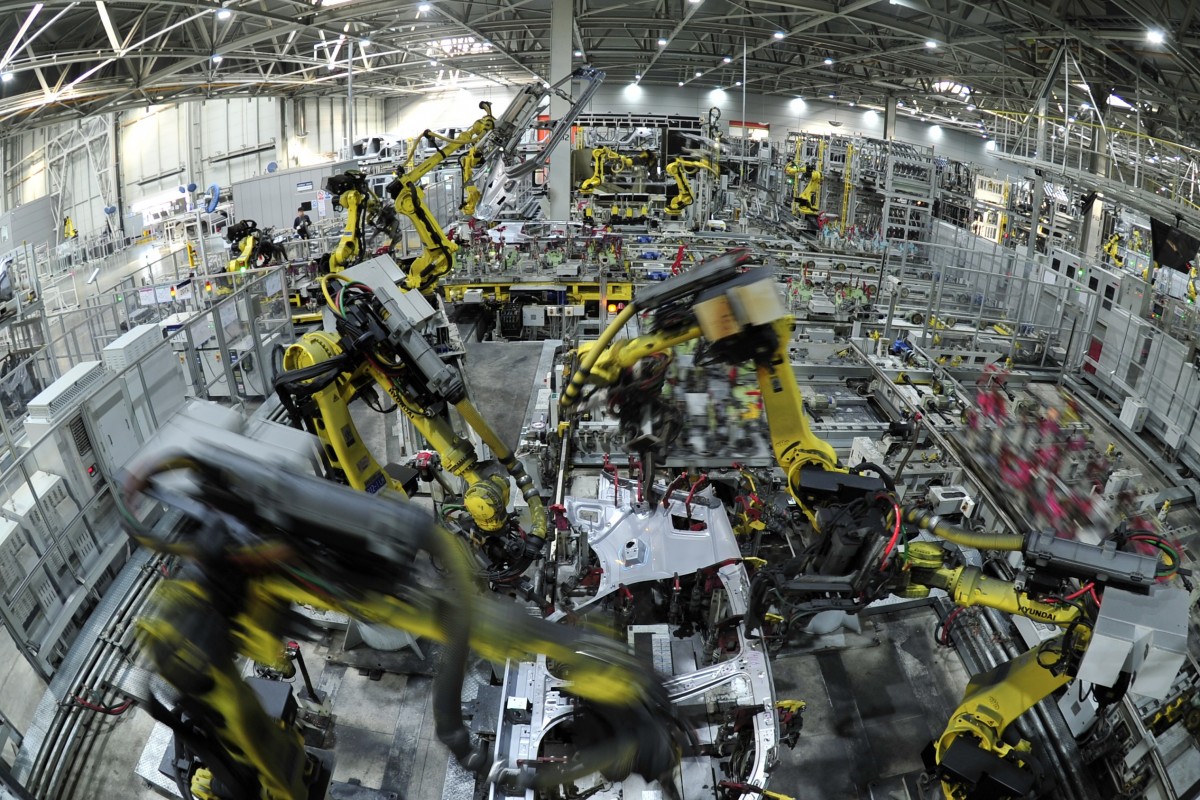The University of Sheffield says it has developed a light-weight, high-strength steel alloyed with copper that can be used to reduce CO2 emissions in the automotive industry, Kallanish notes.
The ultra-fine-grained steel can be made to deliver “world-leading mechanical properties”, the university says, meaning a strength of nearly 2GPa with an elongation of 45%. For comparison, a similar unmodified steel alloy has a strength of 710MPa.
“Copper is normally considered a tramp element that must be removed from the steel making process,” the university says in a note. “But copper is increasingly present with recycled steel and unavoidable by steelmakers wanting to include more recycled materials in their production process. It is therefore important to turn this ‘evil’ into a positive, which is exactly what the research team in Sheffield, alongside international collaborators, have done, paving the way for further light weighting in transport, leading to reduced CO2 emissions.”
The presence of copper results in a rapid precipitation of a copper phase when the steel is heat treated during processing. This phase restricts the growth of grains in the material’s microstructure, leaving an ultrafine-grained microstructure which imparts the high strength and superior ductility, but also enhances the thermal stability of the steel, the university continues.
As one way to reduce vehicle emissions, automotive companies have in recent years been looking to source lighter steel components. This has driven the growth of the automotive advanced high strength steel (AHSS) market.






